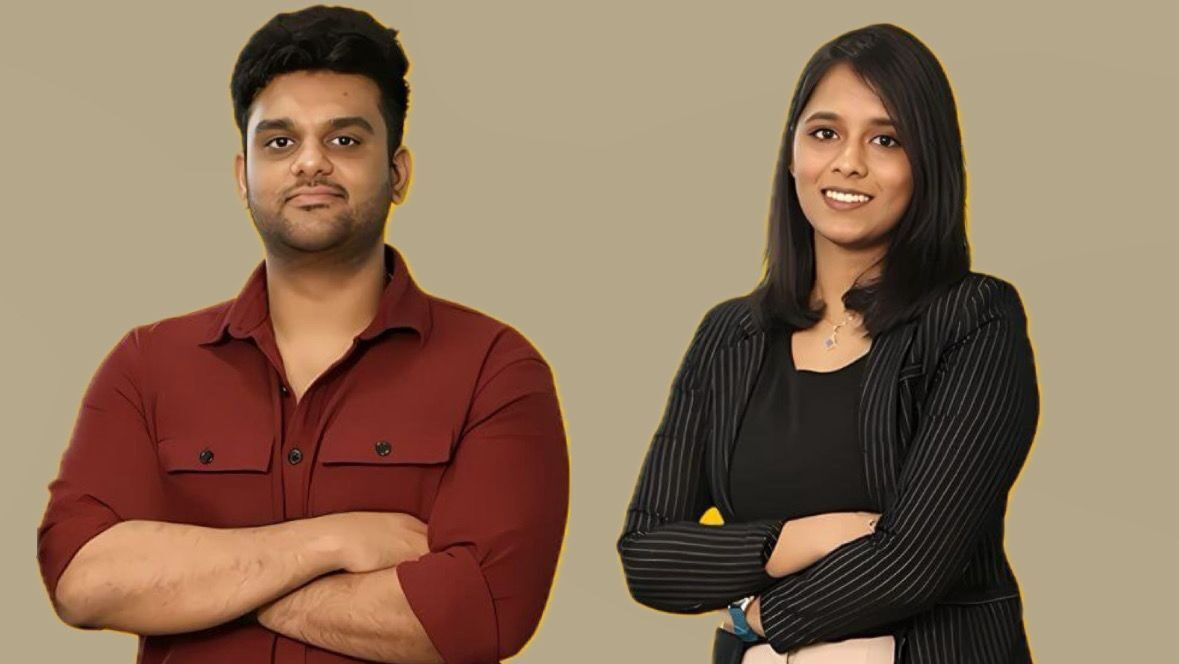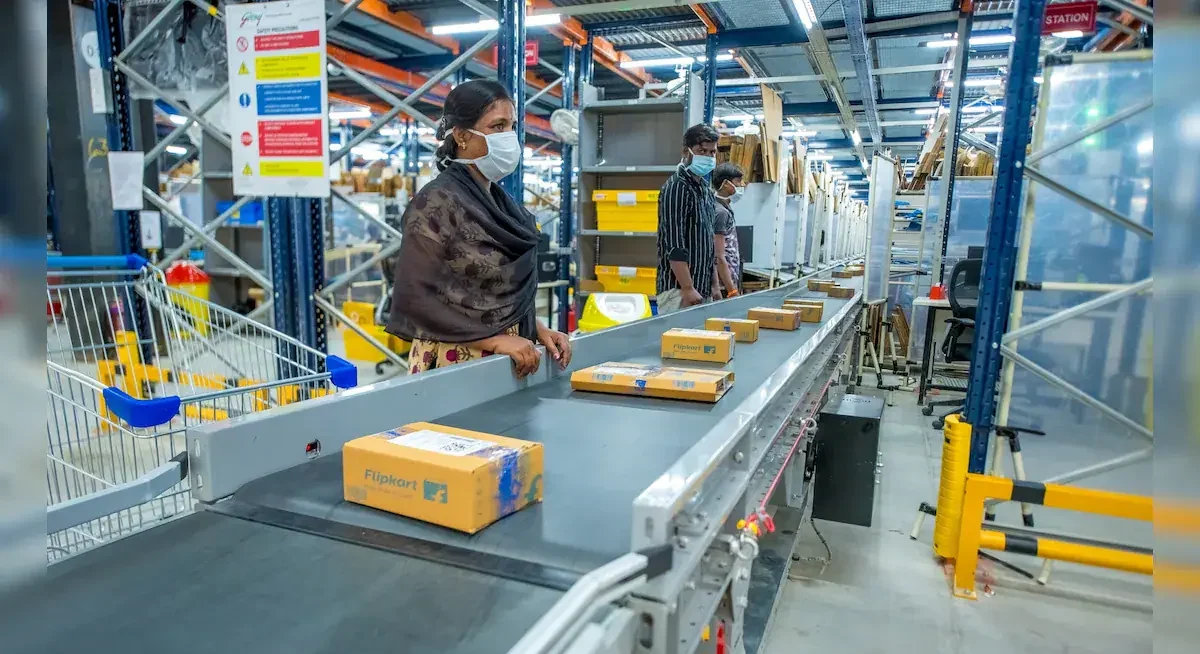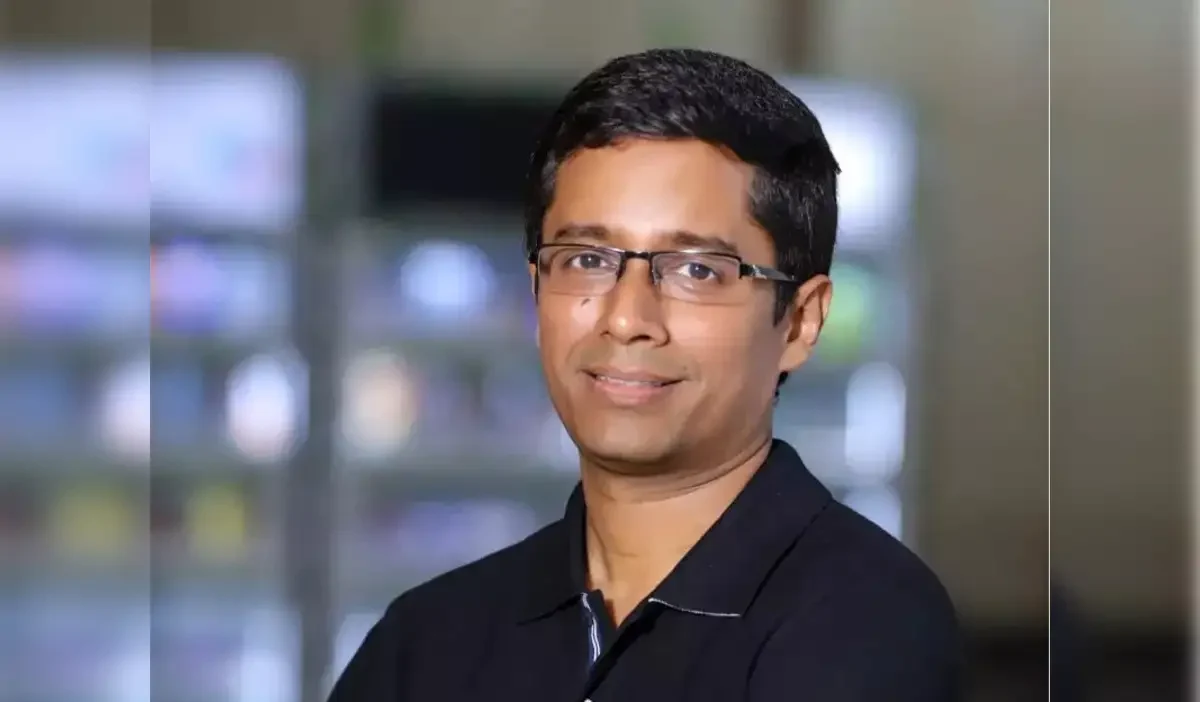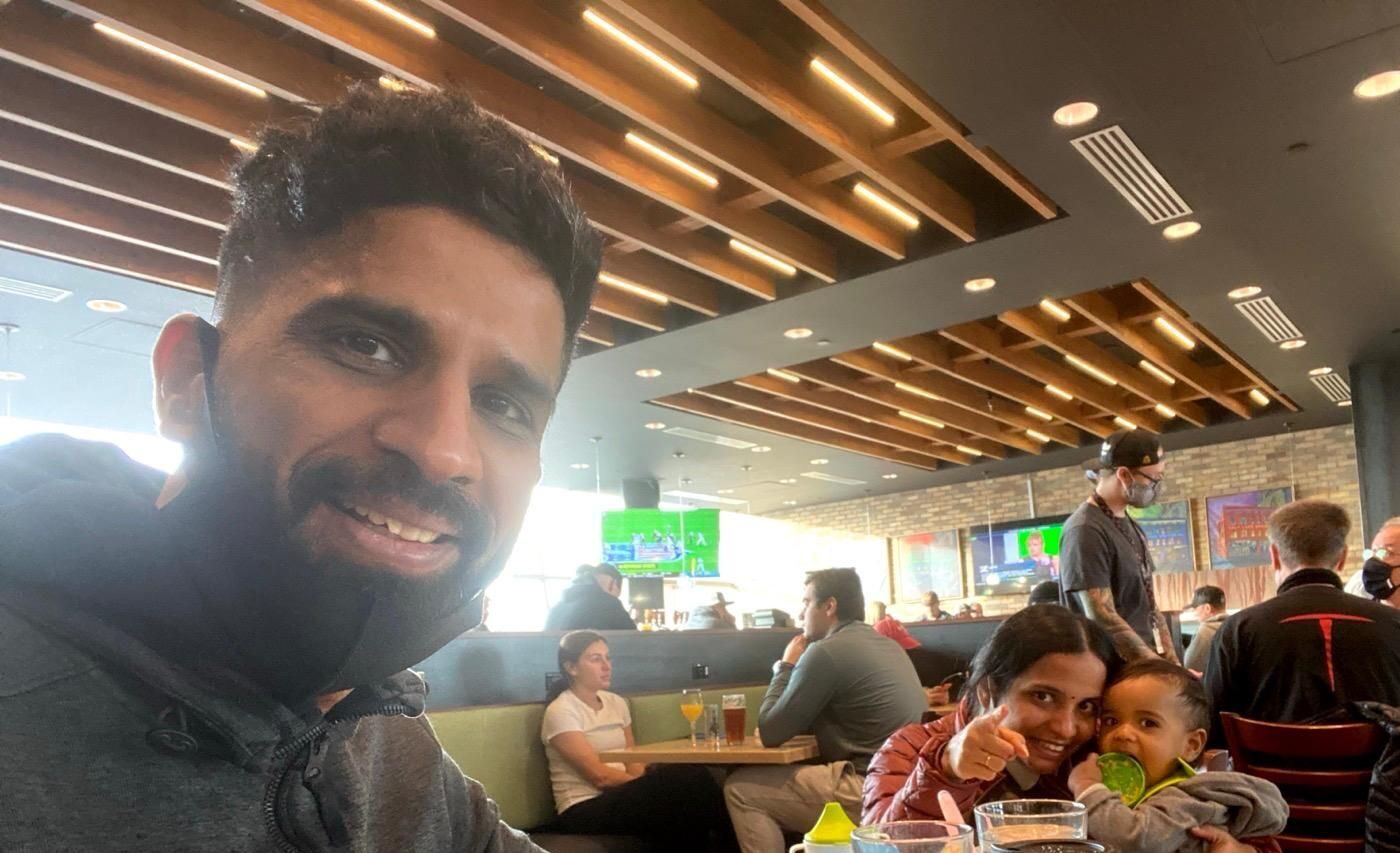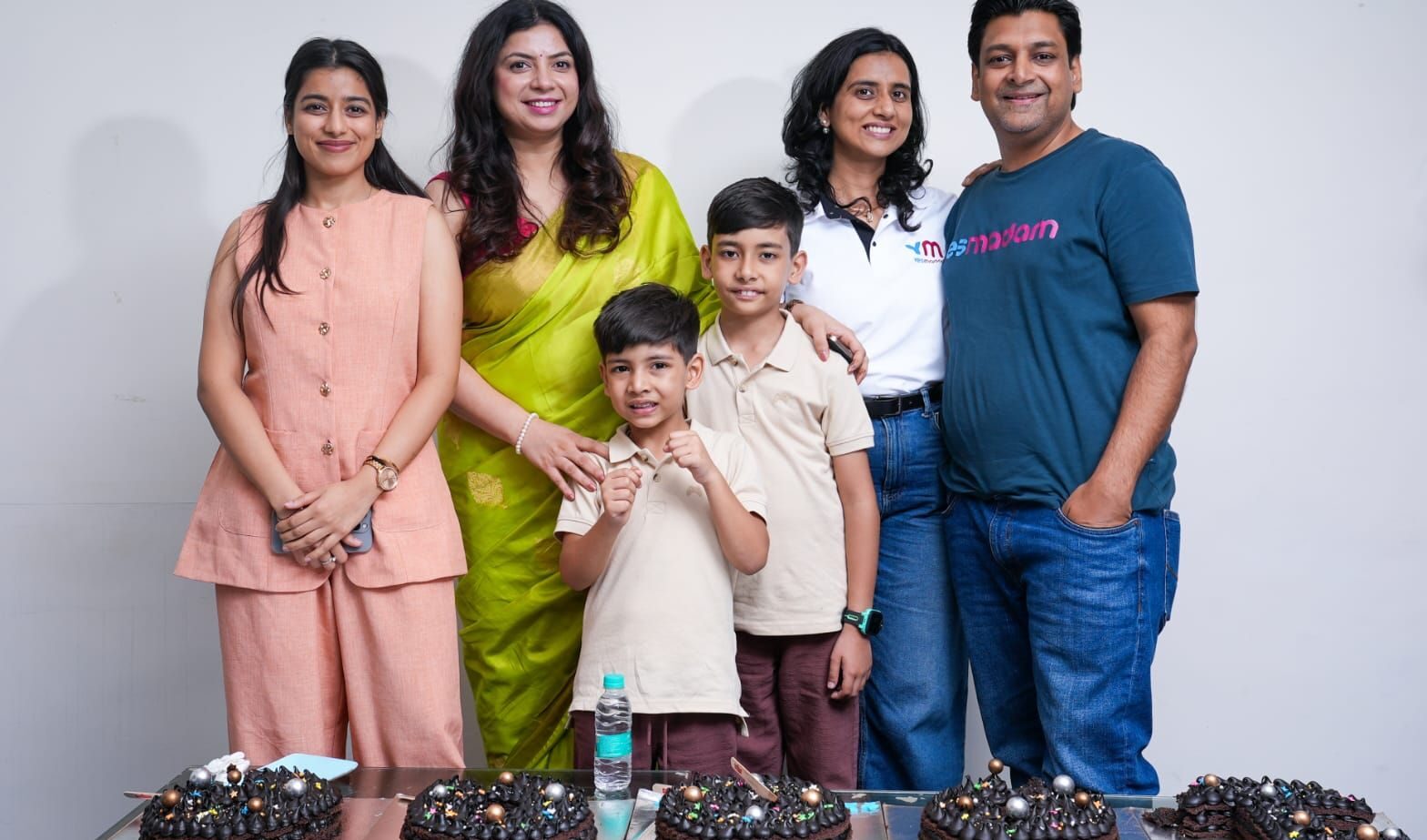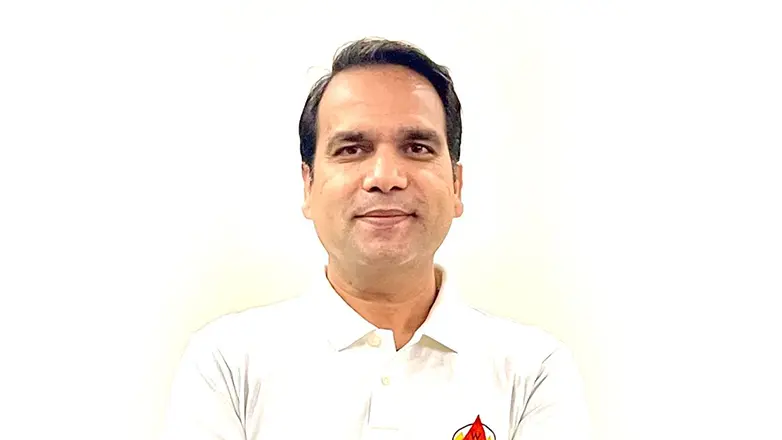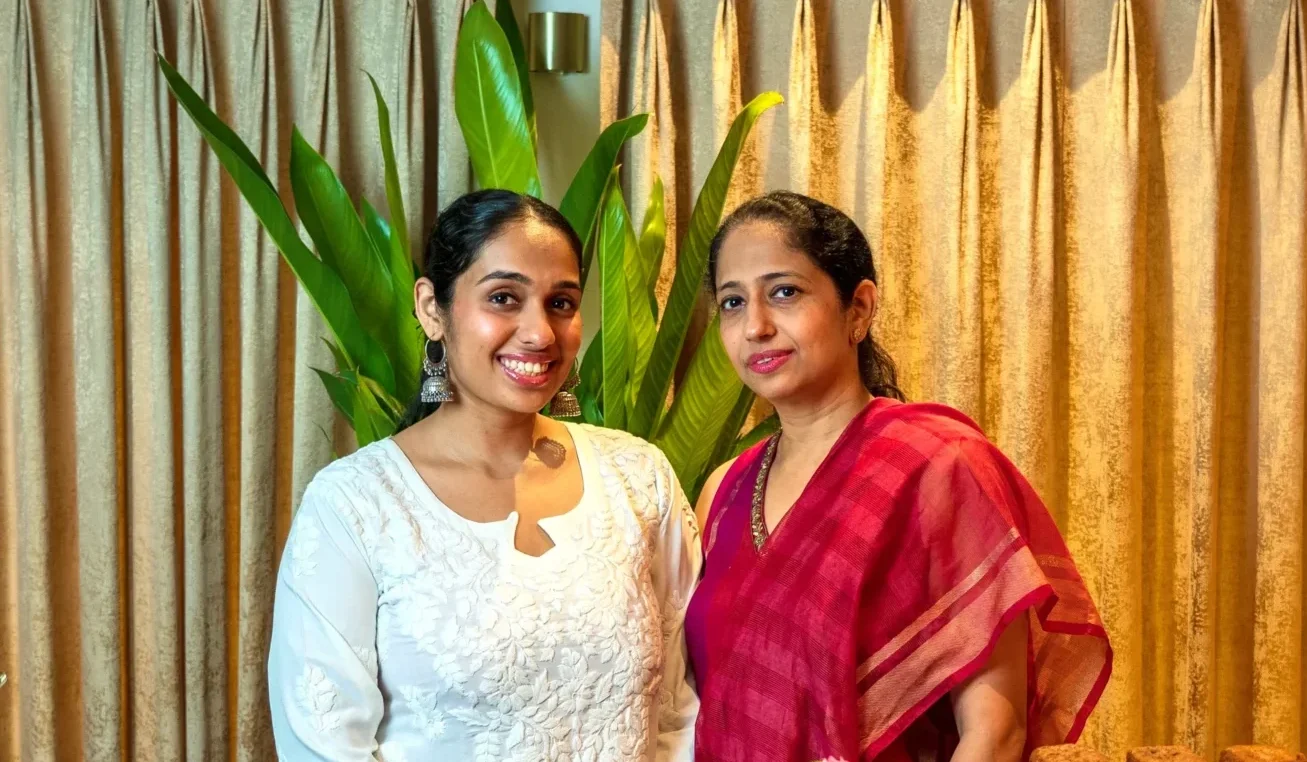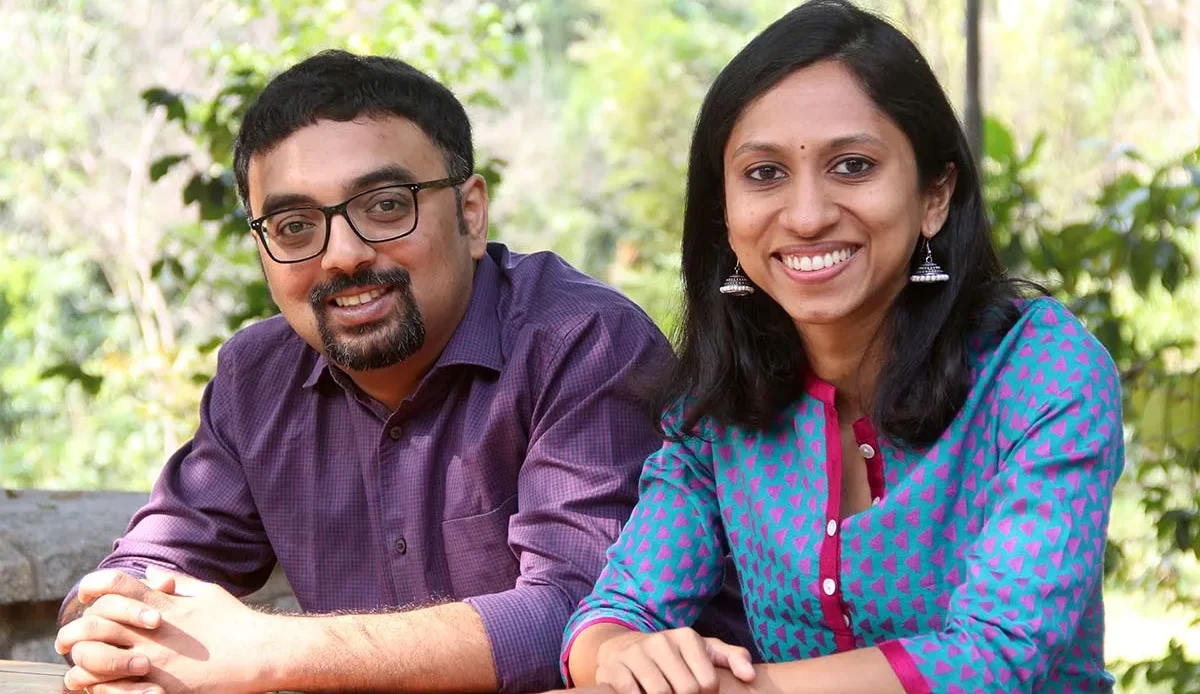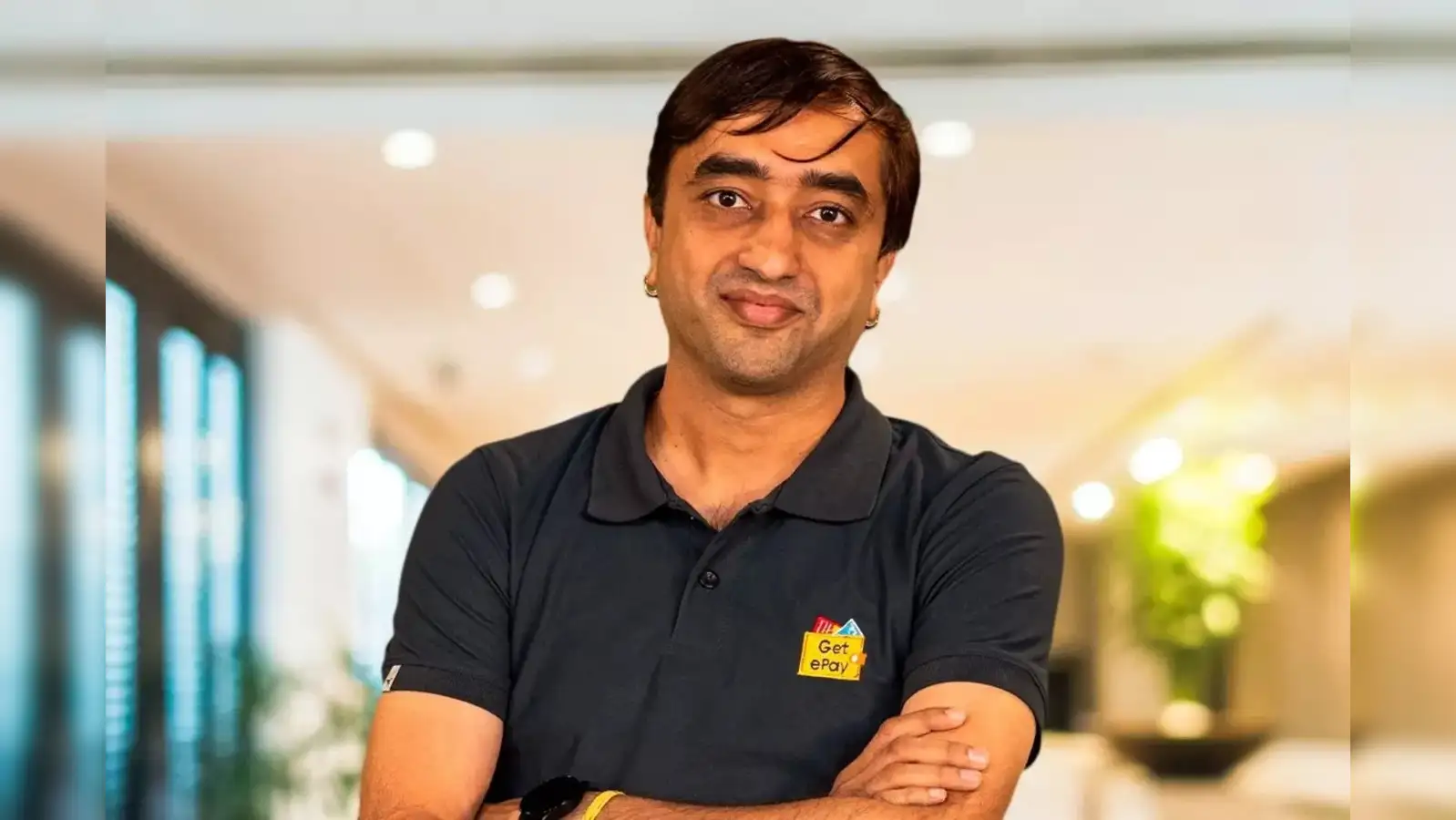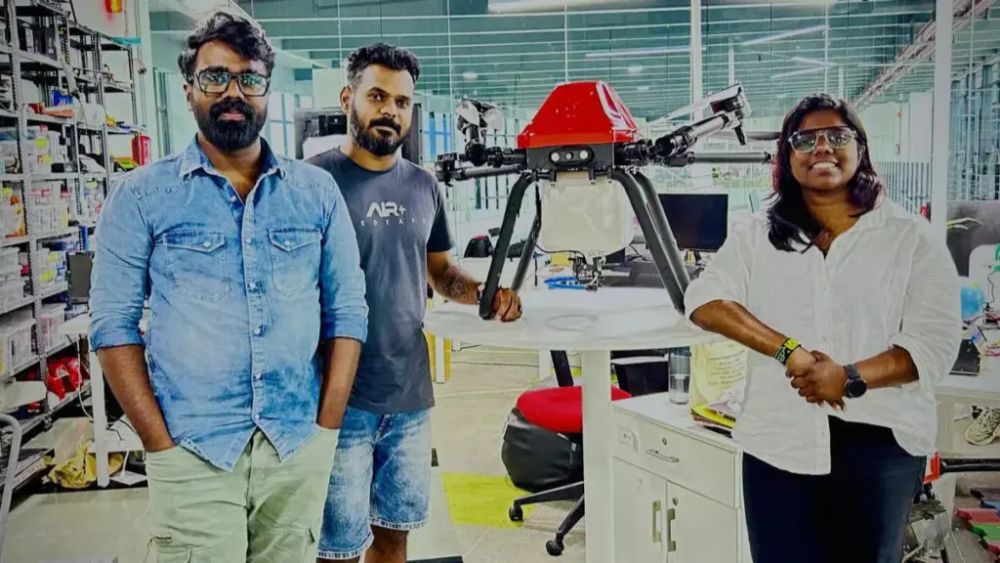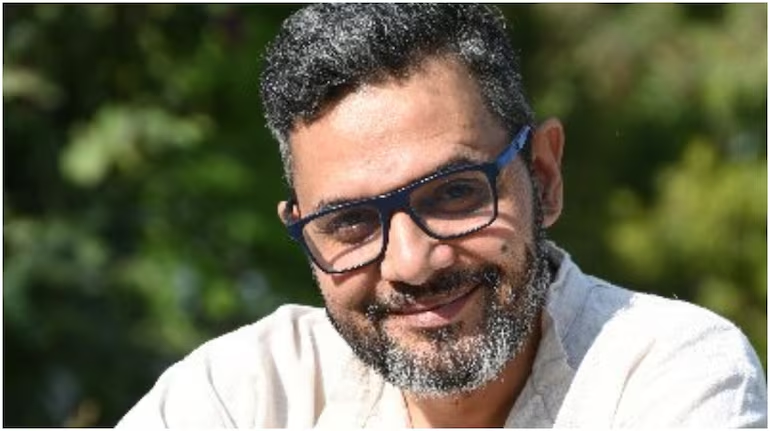Rural poverty is a deeply rooted issue that continues to hinder India’s economic and social development. Despite numerous government schemes aimed at uplifting the poor, millions in rural communities still struggle for consistent and dignified sources of income.
That’s where Karya steps in, a Bengaluru-based social enterprise working to change this reality by offering meaningful, fairly paid digital work to people in Indian villages using AI.
Co-founded by Manu Chopra, Karya is built on a simple but powerful idea: the people who contribute their time and voices to the digital world deserve to benefit from it directly.
The Humble Beginnings
Manu Chopra‘s childhood was not easy. He was born in 1996 in Shakur Basti, a densely populated informal settlement in Delhi, which his refugee grandparents had built. He grew up surrounded by hardships and understood the meaning of financial struggles at a very early age, which shaped his identity and values.
With the help of scholarships and a chance to attend a good school, Manu found a way out of the struggles that surrounded him and began carving a new path for himself and others.
The Early Achievements
- Manu graduated with a degree in Computer Science from Stanford University in 2017
- Co-founded CS+Social Good, a student-led group that applied tech solutions to real-world social challenges
- Manu developed and patented a wristwatch-style self-defense device for women at the age of 17
Manu believes that technology should serve people, not the other way around.
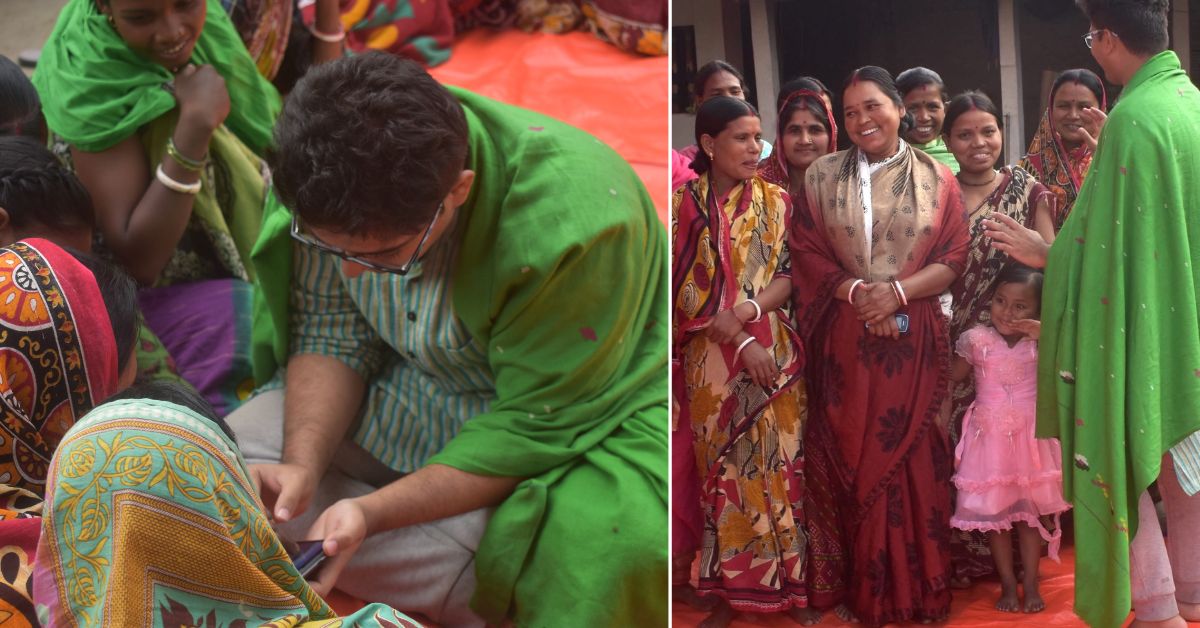
Karya: The Story Behind the Initiative
During his work at a research center in India, he came face-to-face with the harsh reality of digital laborers who were earning 30 to 40 rupees an hour for tedious and repetitive digital tasks. He found that the work done by these laborers was crucial but undervalued.
This face-off to reality ignited the idea of Kayra- A platform to create humane opportunities for people in rural India. Manu teamed up with Safiya Husain and Vivek Seshadri to build a “data cooperative.”
Karya flips the script by paying rural workers a minimum of ₹400 per hour, nearly 20 times what they were earning before. And the work doesn’t end with the payment: Karya also shares a portion of its earnings back with the workers whenever their contributions are reused.
How the Model Works
Karya’s platform is designed with the idea of uplifting the rural communities in the country by upskilling them and providing them with dignified job opportunities. It works on basic smartphones, even without an internet connection. The app uses simple audio instructions in local languages, making it easy for people with little or no digital experience to participate.
The work is broken down into small, manageable tasks that people can do at their own pace, from the comfort of their homes. For many, it’s their first chance to earn a steady income with dignity.
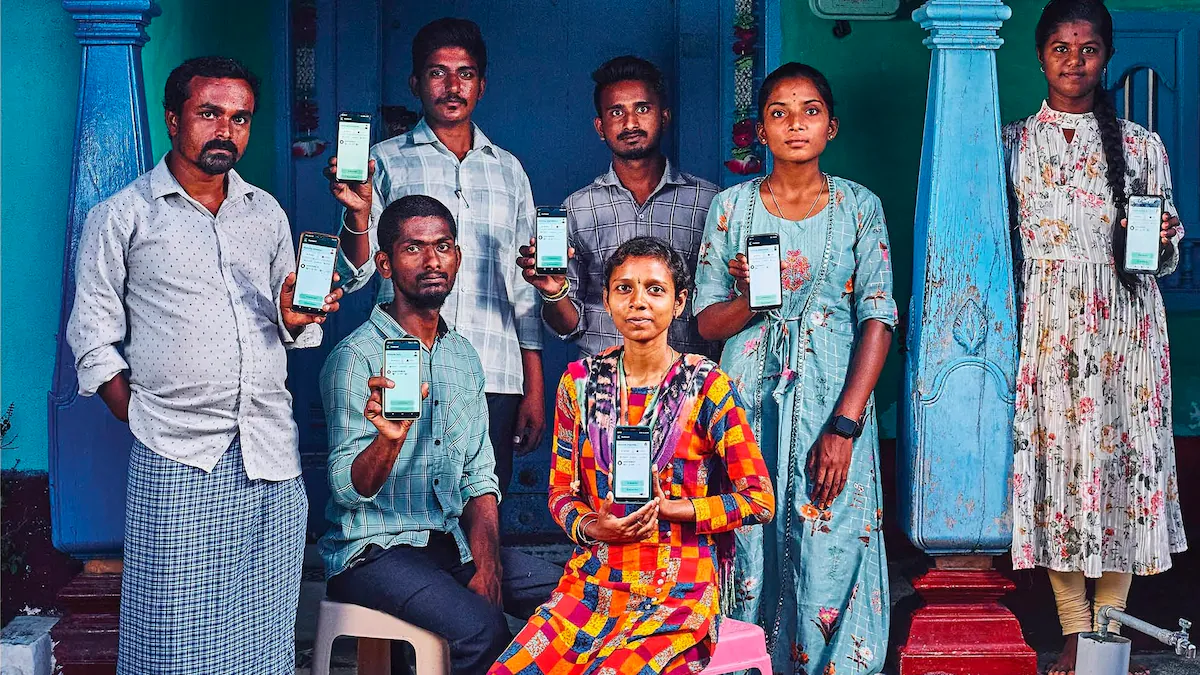
The Impact
Today, over 95% of Karya’s workforce comes from underserved villages, and around 60% are women, many of whom are now contributing financially to their families for the first time.
Proven Outcomes
- Thousands of rural workers are engaged
- Over ₹65 million (approx. $800K) distributed as wages
- Karya provides a new kind of livelihood, flexible, fair, and empowering
- A growing number of people are finding reasons to stay back in their villages, reducing the need to migrate.
- It helps families invest in education, healthcare, and small businesses, fueling local economies too
The Global Recognition
- Celebrated for Purpose-Driven Leadership: In 2023, TIME named Manu Chopra among the 100 most influential people for bringing dignity and income to rural workers. Forbes India called it “conscious capitalism” in action
- A Global Voice for Change: He was also selected as an Echoing Green Global Fellow, a recognition given to bold social innovators
Karya isn’t just meeting today’s needs, it’s laying the foundation for lasting change. The team has a bold vision: to offer meaningful digital work to 100 million rural Indians by 2030. They’re now opening up new kinds of opportunities like translation, content review, and subtitling, that pay much more, sometimes up to ₹2,000 an hour. For many young people in villages, this isn’t just about earning, it’s about building a real future with skills, confidence, and the chance to grow without leaving home.
Read More: Shriyans Bhandari: Turning Old Shoes into New Paths for the Underprivileged











